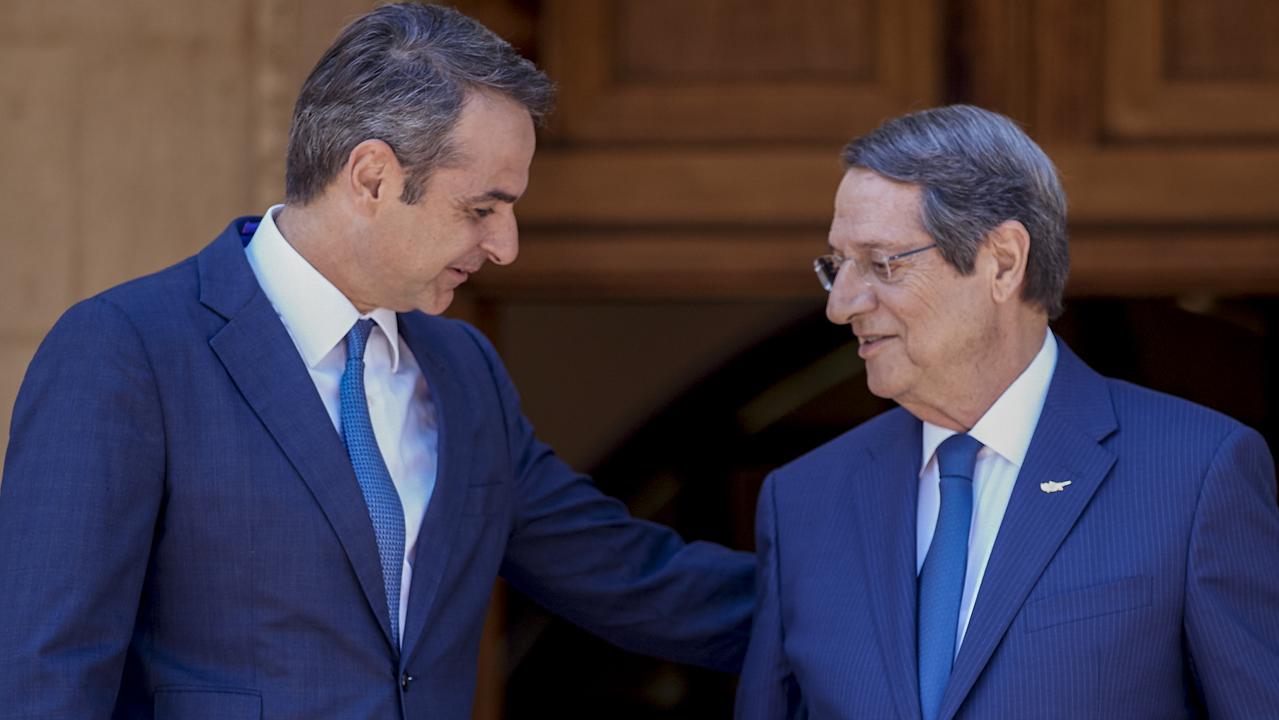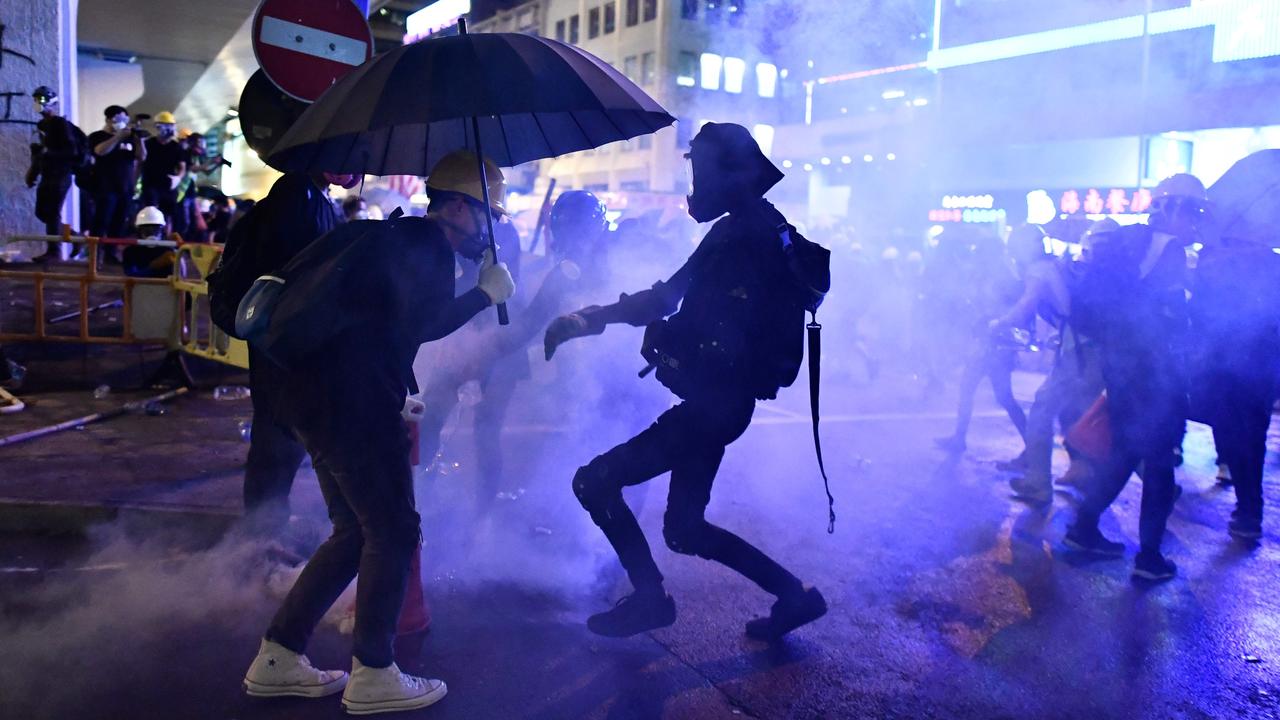But as members of Somalia's powerful, al-Qa'ida-linked al-Shabab Islamist movement reportedly send cadres with loudhailers to warn against touching the food, what is clear is that concern about the dangers posed by samosas is only a small symptom of the wider and more devastating lunacy they are embarked upon amid the catastrophic famine that has struck the Horn of Africa.
With callous deliberation, they block the distribution of emergency food supplies to an estimated 2.2 million starving people in the vast swaths of central and southern Somalia they control.
The Islamists have barred international aid groups from working in the area. As many as 3.7 million Somalis (a third of the population) is on the brink of starvation. The world's aid agencies desperately want to help but because of al-Shabab, they can't get to at least 2.2 million of those most in need.
Food has to be airlifted to devastated Mogadishu, the Somali capital, only parts of which are under the control of what passes for a government in the failed state, the rest being in the hands of al-Shabab. As well, it is being taken to border areas in Ethiopia and Kenya, leaving desperate, starving men, women and children to trek long distances to reach it.
Al-Shabab refuses to lift its ban on the aid groups, which it accuses of having a hidden agenda.
Earlier this month, there was a hint that the Islamists might think again. Now al-Shabab officials deny even that there is a famine. Spokesman Ali Mohamud Rage says the agencies are banned because they have been "involved in political activities". He describes the worst famine in 60 years as "utter nonsense, 100 per cent baseless and sheer propaganda".
So what drives the Islamists? What is leading al-Shabab to gain a reputation as being possibly even more terrible than the Taliban, on which it models itself?
Like the Taliban, al-Shabab was founded as a jihadist youth movement. Its name means "Movement of Striving Youth". It was born of the anarchy that has gripped highly strategic Somalia since its last national government led by General Mohamed Siad Barre collapsed in 1991. Then, Somalia was a force to be reckoned with, courted by Moscow in its drive for African hegemony. It had one of the region's most powerful armies.
With Siad Barre gone, however, it soon fell prey to the competing claims to power of rival warlords. It was reduced to anarchy.
For a time there was a semblance of government when a group known as the Islamic Courts Union set up a form of administration based on sharia law, but that was driven out by forces from neighbouring (and, importantly, Christian) Ethiopia in 2006.
Al-Shabab emerged from that as Islamic extremists closely allied to al-Qa'ida and hell-bent on waging jihad against the enemies of Islam, even to the point of denying food aid to starving millions.
It is a fully fledged terrorist organisation, proscribed in most countries and owing its support to backing from the Somali diaspora around the world and the fundamental extremism within the shattered country that led to the notorious Black Hawk Down incident in Mogadishu in which 18 US servicemen were massacred.
In the manner of the Taliban, al-Shabab seeks to impose a cruel form of sharia law, beheading opponents and launching attacks across its borders, including suicide bombings in Kampala, Uganda, that killed 74 football fans who had gathered to watch the World Cup. Music is banned. So is watching sport.
Al-Shabab is in league with the Somali pirates that have hijacked ships along the East African coast. And it operates closely with that other notorious al-Qa'ida affiliate, al-Qa'ida in the Arabian Peninsula in nearby Yemen, which is now closing in on the strategic port of Aden.
As al-Shabab gathers strength, however, the world seems powerless to act amid the anarchy in what is the ultimate failed state. The appetite for any sort of intervention ended with the Black Hawk Down incident. Now there seems nothing that can be done, even when al-Shabab's mad extremism is blocking help that should be reaching millions of people desperately in need of it.
A tragedy that was already one of the worst seen in the region for decades is being made even worse. Al-Shabab's extremist madness has much to answer for.




THEIR wacky extremism is such that they have just banned samosas because, they say, the three sides of the popular snack may remind people of the Christian Holy Trinity.